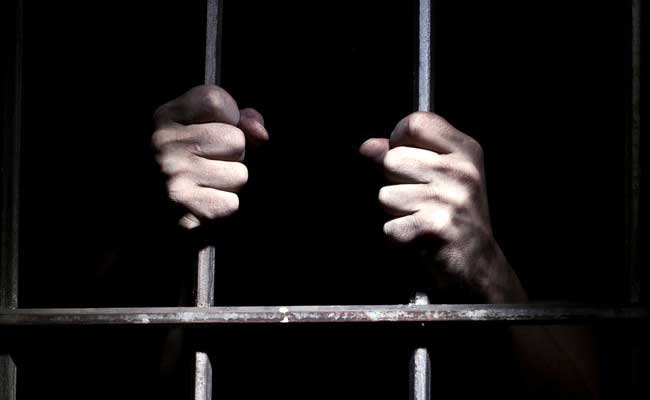In the latest measure to tackle the criminal kingpins who fuel drug dealing and violence in our jails, specially-trained prison and police officers will use intelligence to monitor bank accounts for signs of illicit transactions Bank accounts on the outside world are being used by inmates to pay for drugs. These are usually identified through paper notes found in cells which contain account details, or on phones seized from prisoners with instructions to make transfers. Such transactions, which amount to money laundering, are to be targeted by the unit, who will be able to freeze bank accounts and initiate criminal proceedings against those involved.
This effort to disrupt the flow of illicit money from prisoners to criminal networks adds to existing measures designed to hinder their activity. As announced in July, a new £1 million digital tool is helping to identify, disrupt and disable gangs, with leaders being moved to different prisons if necessary to stymie their influence This formed part of an additional £40 million investment in prisons, announced over the summer, that will improve safety and security in prisons, as well as improving the fabric of the estate. Meanwhile more than 3,500 extra officers have been recruited and will have a central role to play in efforts to tackle gangs and contraband behind bars.
Justice Secretary David Gauke said in his speech to the Conservative party conference said: My message to kingpins is this: we are already blocking your phones, putting you in isolation and now we will make sure you can’t access your money. Dealing drugs in prison will no longer be profitable because we will find your assets and we will seize them. Money laundering in prisons is widespread, with much of the activity taking place through individual, low-value transactions between external bank accounts as offenders settle debts generated illicitly, such as through the supply of drugs. The unit, which will become fully operational in October, will home in on this activity through the analysis of intelligence and work to quickly act against offenders suspected of involvement in criminal activity.
Read more: MOJ, https://is.gd/RSjGrz
